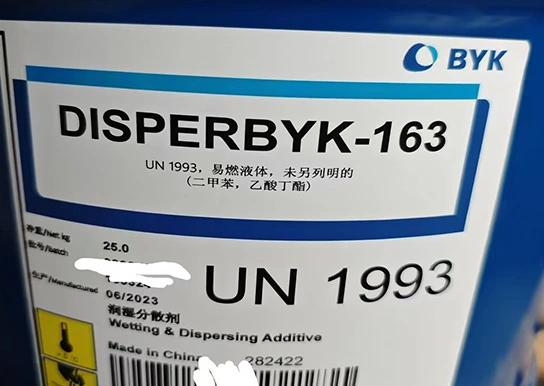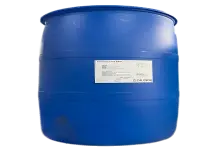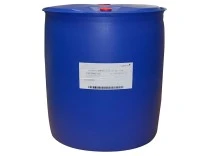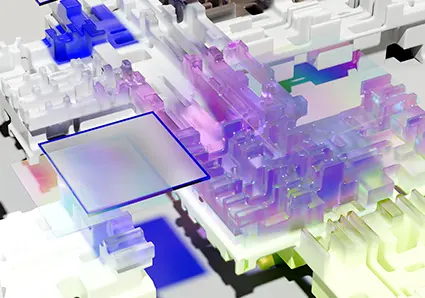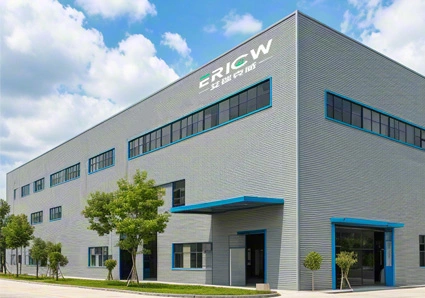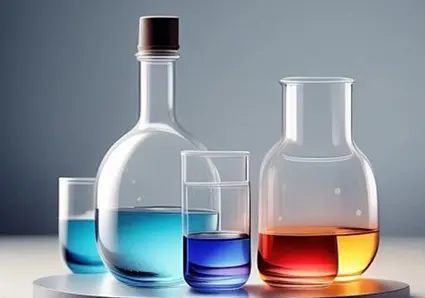- Application
-
Products
DefoamerTroykyd D742 Troykyd D235 Troykyd D704 Troykyd D121 Troykyd D745 Troykyd D209W Troysol AFL Troysol307 Rhodoline DF 642NI Rhodoline DF 642M Rhodoline DF 6002 Rhodoline DF681F Rhodoline DF 4226 Rhodoline DF5676 Rhodoline DF691 Rhodoline DF5866 Rhodoline DF6008 Rhodoline DF6078 Rhodoline DF5800C Rhodoline DF5642 Rhodoline DF0114 Rhodoline DF962-Z Rhodoline DF6301 TEGO 901w TEGO 902w TEGO 810 BYK 024 BYK Defoamer BASF FoamStar Defoamer Efka Defoamer Troy TroySol Defoamer Hemmings DAPRO Defoamer Deqian Hemings Defom Defoamer Solvirodia Rhodoline DF Defoamer BYK 028 BYK 044Wetting AgentBYK 104s BYK 110 BYK 9076 Evonik TEGO Wet 270 Evonik TEGO Twin 4100 Clariant Genapol X1005 Evonik TEGO Wet KL 245 Evonik Surfynol 104E Troysperse 98C Troysperse CD1 Rhodoline 3100 Rhodoline 4170 Rhodoline 4188 Rhodoline 2809 Rhodoline 1864 Rhodoline WA-9 Rhodoline WA-40 Rhodoline WA-100 Rhodoline WA-120 Rhodoline WA-1801 Clariant Genapol PF20 Clariant Genapol 2879 Clariant GENAPOL 2070 Clariant Emulsogen LCN 070 Clariant Emulsogen LCN 158 Clariant Genamin T 100 Clariant Genamin T 01 5000 Clariant Genamin SH100DP Clariant Genamin S100 Clariant Genapol 22222 Clariant Genamin Wetting AgentsDispersantBYK 161 DISPERBYK 163 BYK 182 Evonik TEGO Dispers 650 Evonik TEGO Dispers 670 BASF EFKA Dispersant Clariant Dispersogen Dispersant Clariant Genamin Dispersant Clariant Emulsogen Dispersant Evonik TEGO Dispers Dispersant Coatex Ecodisp Dispersant Coatex Coadis Dispersant Croda Hypermer KD Dispersant Solviria Rhodoline Dispersant Evonik TEGO Dispers 755 W Evonik TEGO Dispers 760 W Rhodoline 111 Rhodoline 211 Rhodoline 226/40 Rhodoline 270 Clariant Dispersogen DispersantsDrying AgentEvonik KOSMOS T12 Evonik KOSMOS MB16 Troy Troychem Manganese 6WD Troy Troychem Calcium 6WD Troy Troymax 250 Troy Troymax123 Troy Troymax BXPB Troy Troymax KC10 Troy TroymaxBXCO Troy Troymax Cobalt6 Troy Troymax Cobalt12 Troymax Manganese 10 Troymax Manganese 10PC Troymax Zinc12 Troymax 858 Troymax Perma DRY Troymax Zirconium 6WaxAC 6A AC 8A AC 316A AC 617A AC 629A ERICW 7610F-TDS ERICW 7610-TDS ERICW 8620-TDS ERICW 8621-TDS ERICW AE-30-TDS BASF Wax powder Clariant Licowax Wax powder Clariant Ceridust Wax powder Clariant Licolub Wax powder Clariant Licocene Wax powder Mitsui HI-WAX Powder Clariant Licocare Wax Powder Lubrizol Lanco Wax powder Honeywell Cohesa Wax Podwer Honeywell ACumist A Wax Podwer Honeywell ACumis Wax Podwer Honeywell AClyn Wax Podwer Honeywell Acrylic Acid Copolymers A-C Wax Powder Honeywell Ethylene Vinyl Acetate EVA Copolymer Wax Powder A-C Honeywell Propylene-Maleic Anhydride Grafted Polymer Wax Powder A-C Honeywell Polyethylene LDPE Wax Powder A-C Honeywell Oxidized Polyethylene Wax Powder A-CAcrylic ResinJIXIN ° LR 6363 Mitsubishi DIANAL BR 116 Mitsubishi DIANAL BR 113 Mitsubishi Thermoplastic Acrylic Resin BR Mitsubishi Acrylic Resin HR Mitsubishi Thermoplastic Acrylic Resin LR Mitsubishi Thermoplastic Acrylic Resin MB Hanwha Acrylic Resin Soluryl Hanwha Waterborne Acrylic Emulsion Resin Covestro Acrylic Resin DSM Lecon Solid Acrylic Resin BOlefin ResinEastman Olefin Resin Aerafin Eastman Olefin Resin Butvar Eastman Olefin Resin Eastoflex P Eastman Olefin Resin Eastoflex M Eastman Olefin Resin Eastoflex E Eastman Olefin Resin Eastotac H Eastman Olefin Resin Eastotac C Eastman Olefin Resin Endex Eastman Olefin Resin Impera Eastman Olefin Resin Kristalex Eastman Olefin Resin Picco Eastman Olefin Resin Piccolastic Eastman Olefin Resin Piccotac Eastman Olefin Resin Piccotex Eastman Olefin Resin Plastolyn Eastman Olefin Resin Regalite
- Company
- Chemical CAS
- Resources
- Blog
- Contact Us
 English
English Español
Español русский
русский tiếng việt
tiếng việt
